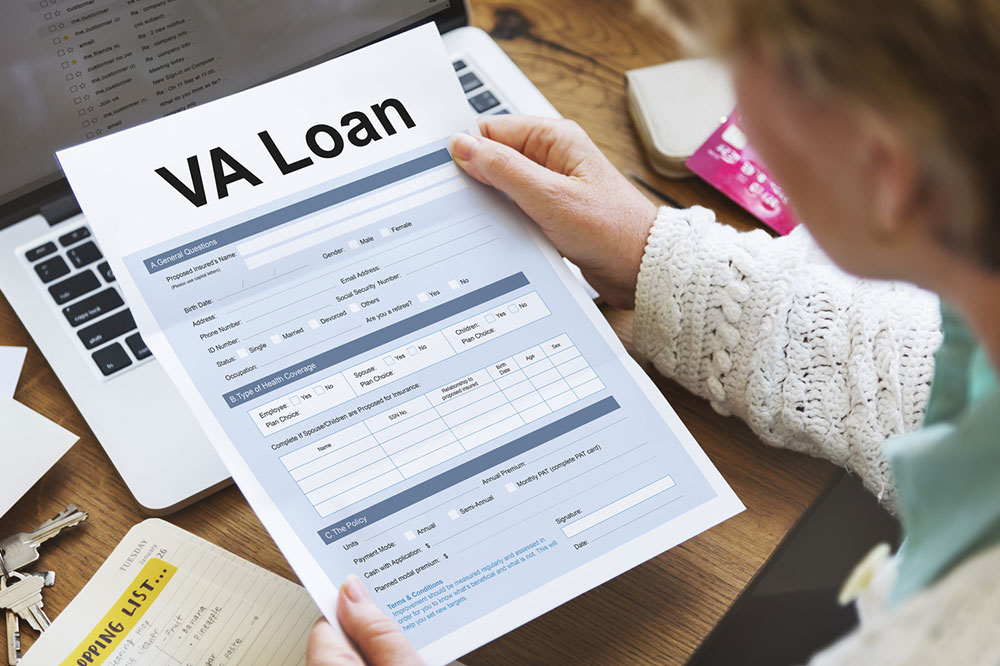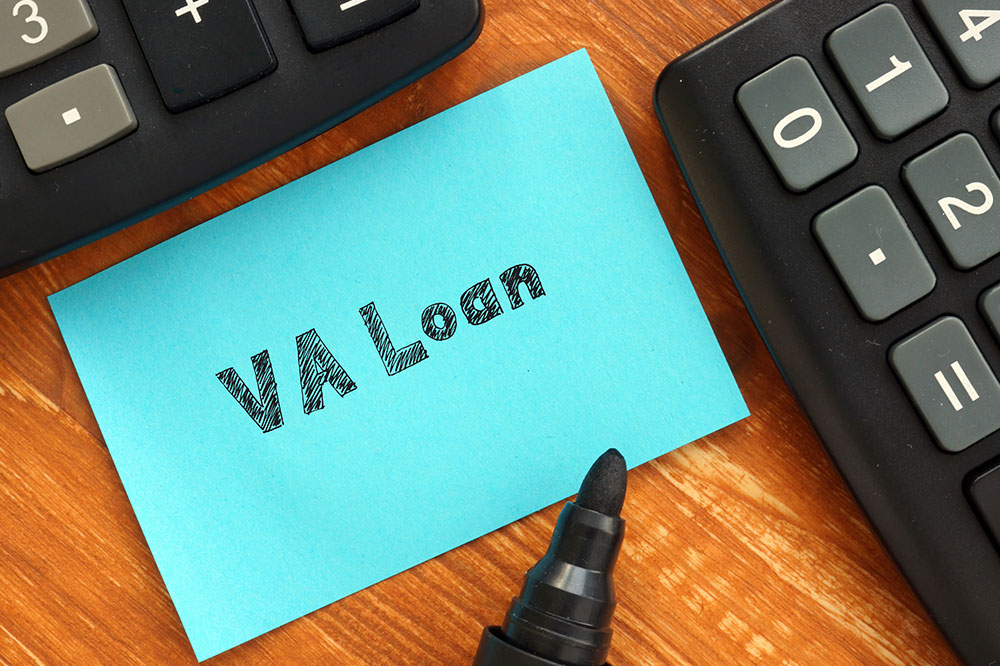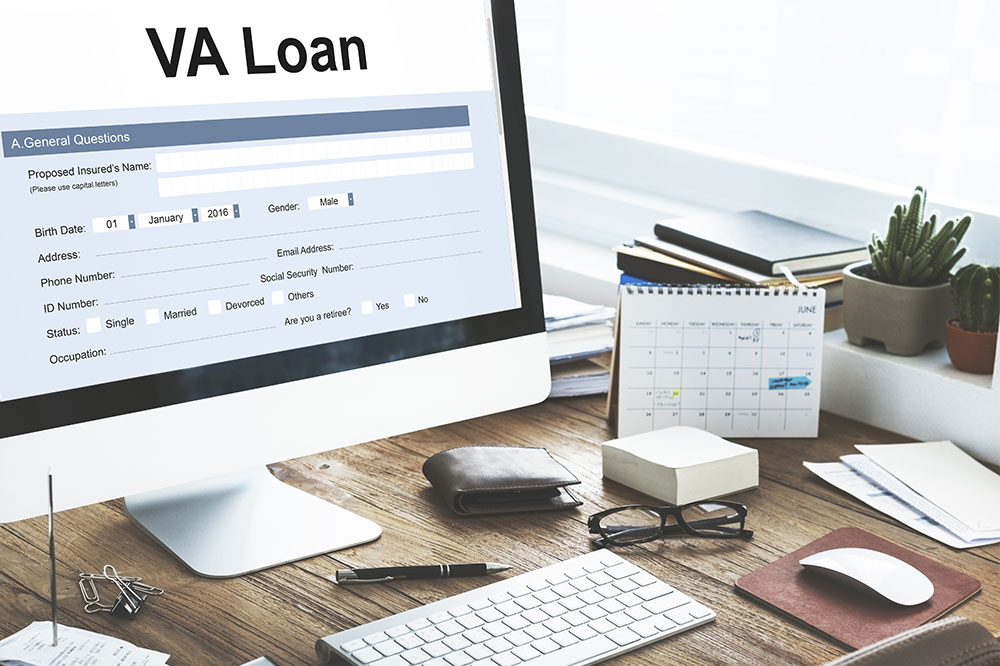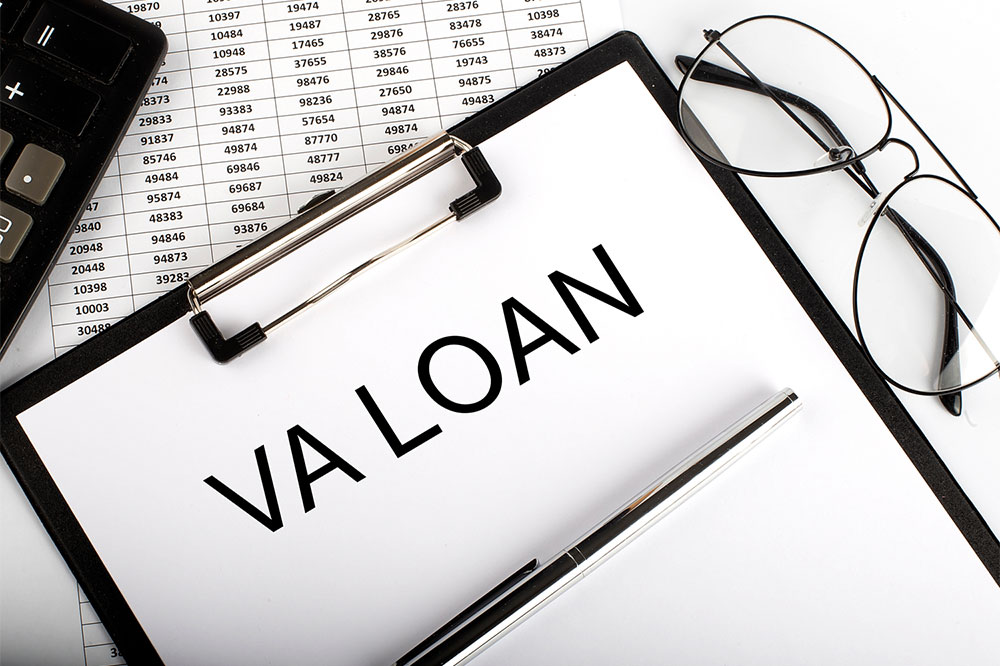Comprehensive Overview of Veterans Home Loan Programs
Explore the essentials of VA home loans, including types, eligibility criteria, benefits, and qualification process. This guide helps veterans and military personnel understand how to leverage VA loans for homeownership with favorable terms, no down payment, and flexible options tailored to their needs. Learn about refinancing, grants, and how to qualify efficiently, making homeownership more accessible for those who have served.

Understanding Veterans Home Loan Programs
A Veterans home loan, commonly known as a VA loan, is a special financing option offered through programs managed by the Department of Veterans Affairs. These loans are designed to assist eligible military personnel and veterans in purchasing or refinancing homes. While the VA guarantees a portion of these loans, it does not directly lend money. Instead, veterans can secure funding from private lenders, such as banks or mortgage companies, often benefiting from favorable terms.
Types of VA Home Loans
Cash-Out Refinance
This option allows veterans to access more than 100% of their home's equity. The funds can be used to consolidate debt, improve property, or cover educational expenses. VA-backed cash-out refinancing offers higher borrowing limits compared to conventional, FHA, or USDA loans, allowing up to full equity withdrawal, unlike other loans capped at 80% or 85% respectively.
Home Purchase Loan
Veterans can buy a property at competitive interest rates through purchase loans. Many times, these loans require no down payment or private mortgage insurance, making homeownership more accessible.
Interest Rate Reduction Refinance Loan (IRRRL)
Also known as a streamline refinance, this loan helps veterans lower their existing VA loan interest rates. No minimum income verification or property appraisal is necessary, simplifying the refinancing process.
Native American Direct Loan (NADL)
This program supports Native American veterans in funding construction, purchase, or home modifications on federal trust land, often with lower interest rates.
Adapted Housing Grants
Designed for service-connected disabled veterans, these grants assist with building, purchasing, or modifying homes to accommodate disabilities, enhancing accessibility and livability.
Am I Eligible?
Eligibility for VA loans extends beyond veterans to various military personnel. Candidates include service members, National Guard members, reservists, cadets, and surviving spouses of deceased veterans. However, specific service requirements must be met, such as active duty service durations—90 days during wartime or 181 days during peacetime—or qualifying reserve and guard service. Eligibility is lifelong once granted, allowing veterans to benefit at any time.
Qualification Criteria
Credit Score
While there’s no minimum credit score requirement, most lenders prefer a FICO score of 620 or higher for approval. Some lenders may accept lower scores, but subprime credit usually disqualifies applicants.
Debt-to-Income Ratio
Ideally, total monthly debts should not exceed 41% of gross income, including the new mortgage payment.
Residual Income
This calculation considers monthly expenses like taxes, utilities, and location-specific costs to ensure adequate funds remain for living expenses. Applicants with a DTI over 41% should have residual income of at least 20% for approval.
Benefits of VA Loans
No Down Payment
Most traditional loans require a substantial upfront payment, but VA loans eliminate this need, allowing full property financing.
Absence of Mortgage Insurance
VA loans do not require private mortgage insurance (PMI) or similar premiums, reducing ongoing costs.
Government Guarantee
The federal government guarantees a significant portion of the loan, providing lenders confidence in extending more favorable terms.
Competitive Interest Rates
Rates are often lower because of the government guarantee and increased lender competition, but they vary by lender.
No Prepayment Penalties
Borrowers can sell or refinance their homes early without penalties or restrictions, offering flexibility.
Loan Options
Borrowers can choose fixed or adjustable rates and use the loans for various purposes, including purchasing, refinancing, or home improvements.
Easier Qualification
VA loans have more flexible credit and income criteria, simplifying the process for eligible borrowers.
Reduced Closing Costs
Closing costs are capped, saving money at settlement.
Funding Fee Flexibility
While VA loans include an upfront funding fee, waivers are available for qualifying veterans, spouses, or disabled service members.
Assumable Loans
VA mortgages can be transferred to future buyers if they are also VA-eligible, which can be advantageous during rising interest rate environments.
How to Qualify
Credit Score
A minimum FICO score of around 620 is typical, but some lenders accept lower scores, subject to other factors.
Income and Debts
Sufficient income, with a debt-to-income ratio ideally under 41%, is necessary. Residual income calculations ensure affordability.
Service Requirements
Eligibility depends on service duration, such as 90 days wartime or 181 days peacetime active duty, or service in reserves or National Guard.










